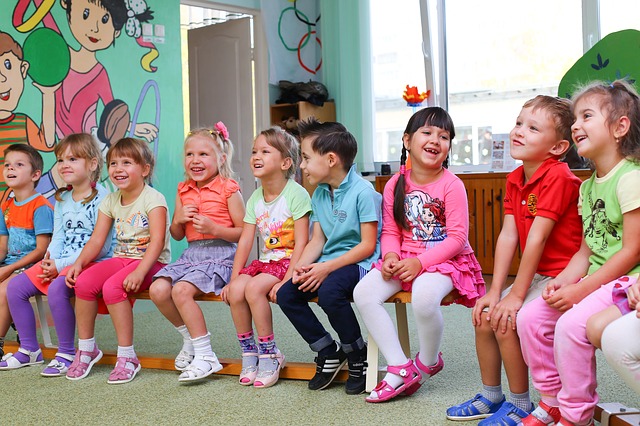Commission Releases Pre-K Report

A commission assembled by former mayor Michael Nutter has released a report on pre-kindergarten education. The commission has outlined a proposal, costing $60 million per year, that lays out a plan for universal pre-K education for all three and four year olds in the city of Philadelphia. The key words in the report relating to the pre-K schooling were “high-quality, affordable and accessible.” There are approximately 42,500 preschool-aged children in Philadelphia.

A report has found that investment in pre-kindergarten education pays rich dividends later on.
The recommendations in the report come as the results of a voter-approved study on the importance of early education and child development. The report was compiled by a panel of 17 experts including educators, city officials, and experts in the field of early childhood education. It stated that the commission “envision[s] a Philadelphia where all 3- and 4-year-olds have access to quality, affordable, and accessible Pre-K opportunities, which are sustainably funded and allow each student to become a lifelong learner and contributing citizen.”
The finding of the report, unsurprisingly, was that investment in early childhood education pays dividends in decreases in the amount of special education and remediation needed later on. It calls for a three-year, $180-million dollar pilot program that could be funded through three different models, all currently under review.
Another recommendation of the report was that the city work harder on its participation in Pennsylvania’s Keystone STARS program, which provides subsidies and grant opportunities for early childhood education, as well as rating providers on a scale of one to four stars. Of Philadelphia’s 68,000 early childhood education centers, just 29 percent have earned three- or four-star ratings.
Another of the commission’s goals is to increase the amount of high-quality childcare centers in low-income areas where children are at an increased risk of low performance in school later on.
Proponents of universal pre-K education have been pushing their agenda for a long time, but the ongoing budget stalemate in the state budget has made it nigh on impossible to get any kind of funding for proposed programs.



